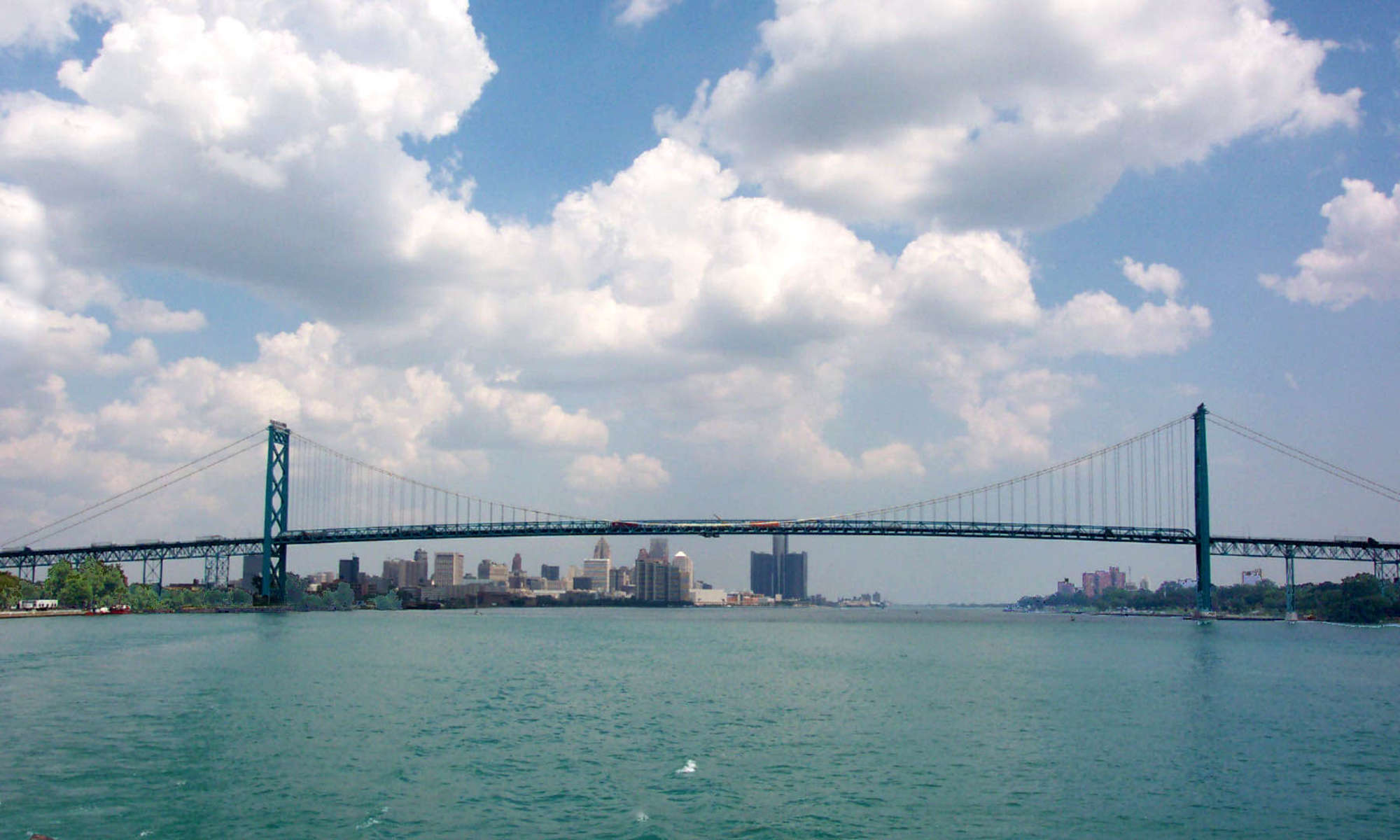
Applications for Stay of Proceedings Based on ss. 11(b) of the Charter
On July 8, 2016, the Supreme Court of Canada decided that the framework for deciding delay in criminal cases outlined previously by the court in R. v. Morin1 had caused doctrinal and practical problems contributing to a culture of delay and complacency rather than ameliorating delay. In a 5-4 decision the majority decided in R. v. Jordan2 and R. v. Williamson3 that in the future a subsection 11(b) analysis of delay should encourage all participants in the criminal Justice system to cooperate in achieving the important objectives of the provision.
To assist in removing the culture of delay and complacency toward speedy trials, the majority decided on a new framework for analyzing delay that includes a presumptive ceiling beyond which delay – from the charge to the actual or anticipated end of the trial – is presumed to be unreasonable, unless exceptional circumstances exist justifying it. The presumptive ceiling is eighteen months for cases tried in the provincial court, and, thirty months for cases in the Superior Court, including cases tried in the provincial court after a preliminary inquiry.
When the presumptive ceiling is exceeded, the burden is on the Crown to rebut the presumption of unreasonableness on the basis of exceptional circumstances. If the Crown is unable to do so, the court will stay the proceedings, as the court did in both of these seminal cases. The court left to the good sense and experience of trial Judges to decide whether circumstances of significant delay are exceptional. But the court did provide trial Judges with a framework by which decisions on exceptional circumstances should be made.
In general, exceptional circumstances relate to either discrete events or particularly complex case. Discrete events may be unexpected events at trial or unavoidable events such as illness. Exceptional circumstances under this new framework are exceedingly important because the only basis upon which the Crown can discharge its burden to justify a delay that exceeds the ceiling is a demonstration of exceptional circumstance(s). Most importantly, the majority decided that the absence of prejudice to the accused can never be used to justify delays beyond the presumptive ceiling. Once the ceiling has been reached only circumstances that are genuinely outside the Crown’s control and ability to remedy may furnish a sufficient excuse for the delay.
Delays below the presumptive ceiling place the burden on the defence to show the delay is unreasonable. The new framework requires the defence to establish that it took meaningful steps that demonstrate a sustained effort to expedite the proceedings, and, that the case took significantly longer than it reasonably should have taken. Absent both factors delay applications by the defence must fail. And, in commentary reminiscent of many previous cases holding that judicial stays will only be granted in ‘exceptional circumstances’, the court concluded that stays beneath the presumptive ceiling “should only be granted in clear cases.”

The above is the an excerpt of Patrick J Ducharme’s book, Canadian Criminal Procedure, available at Amazon or in bulk through MedicaLegal Publishing along with Criminal Trial Strategies.
Subscribe to Patrick Ducharme’s Youtube Channel
